Do cats need a balanced diet as humans do? Or is giving them meat products enough? Cats are complex creatures, and as a cat-owner, you must know the importance of a balanced diet. Like human beings, cats need an appropriate proportion of food from different food groups to stay healthy.
The importance of good food
We all know that cats are carnivores. Cats are predatory animals, and in the wild, they hunt smaller animals for food. This means that their primary source of nutrients is meat-related products, and they do not eat vegetables or plants.
Due to this, cats require high levels of protein, low amounts of carbohydrates, and a moderate percentage of fats. Cats also need various vitamins and minerals, but we do not suggest using supplements since excessive amounts may cause more harm than good.
What basic nutrients do cats need?
Proteins and amino acids are perhaps the single most crucial feature of a cat’s diet. Since cats are natural carnivores, and meat consists mainly of protein, they need large amounts of protein to be healthy. An adult cat should have approximately 12.5 g of protein, while a nursing cat needs a staggering 41 g of protein to be healthy. Be sure to check the protein content in your cat food since a deficiency can lead to a weak immune system, blindness, and even heart failure.
Fatty acids are extremely important to keep your cat’s skin and fur healthy. Omega-3 is crucial if you want your cats to have a healthy nervous system and a good memory for learning new behaviors. An adult cat can have about 5 g of fat, while a nursing cat with about four kittens can consume 12 g of fat daily.
Carbohydrates are also crucial for a cat. While their diet does not consist primarily of carbohydrates, cats still utilize carbs as a secondary energy source. However, remember that too many carbs can lead to your cat becoming overweight and lazy, so be sure not to let your pet overdose on it. Plant-based products are found in cat foods to meet their carbohydrate needs. However, cats cannot consume too much since their intestines cannot break down some of the larger fibers found in plants.
Which vitamins does my cat need?

Cats need vitamins to stay healthy too! Everyone knows that cats are prone to developing eye-related diseases such as cataracts. A good supply of vitamin A is necessary to ensure that your cat’s eyesight remains healthy.
The other vitamins you should incorporate in your cat’s diet should include vitamins D, E, and K. However, do not use supplements unless your vet recommends them. Read the labels behind your cat food products and ensure that they are present in the diet you give your diet.
What types of varieties are available?
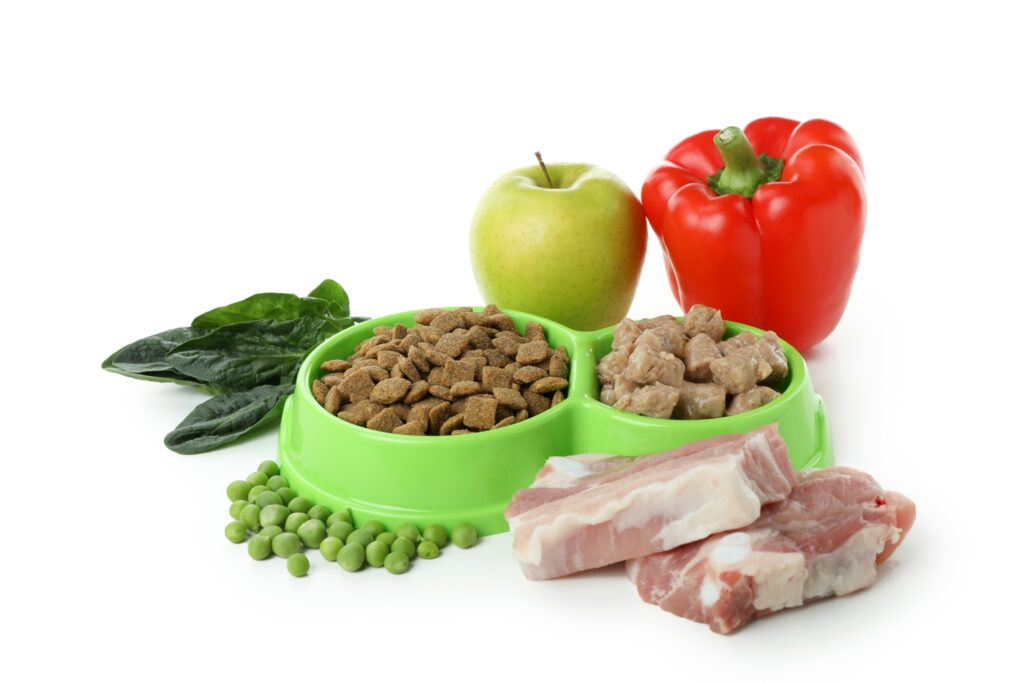
There are three main varieties of commercial cat food: dry, canned, and semi-moist. Dry cat food is the cheapest option in the market and is usually made out of fibers, vitamins, and meat products.
However, from a nutritional perspective, it’s not the most desirable option since drying and storing such products over a long period causes the nutritional value to decrease. Canned food is relatively the most expensive option out there and contains almost 70% water.
While canned foods are a good water source for your cat, you need to store them in a refrigerator once opened. Semi-dry cat food is also a good option since its price is not as high as canned food. Semi-dry food is easier for cats to digest than fully dried options and is not as costly as canned foods. However, once you open your packet of semi-dry cat food, you cannot store it for too long as it goes rancid quickly.
How important is water?
Like humans, cats need water for good health as well. A healthy ten lb. cat needs approximately 7-9 oz. of water. While cats do drink water, the amount of water is not the only way they consume water.
If you use canned food, you can rest assured that your cat is obtaining a large proportion of its water requirement from it as well. However, if your cat appears depressed, slow, or does not urinate frequently, try increasing its water intake. The easiest way to do this is to use more canned food options if you are not doing so already.
How often should I give my cat a treat?
Giving treats to cats can be essential to encourage and reward certain behaviors. From this perspective, treats are important. However, we recommend that only 10-15 percent of your cat’s daily calorie intake should come from treats from a nutritional perspective. This is because treats are not meant to be a primary source of nutrition, and an excess of them can make your pet unhealthy.
Moreover, we do not recommend using milk or raw meat as treats. Raw meat may contain bacteria that can lead to illness, and the lactose content of fresh milk may upset your cat’s digestive system. It is best to use store-bought treats, too, since they are made especially for cats.
Should I opt for homemade cat food?
We often think that homemade food is healthier for cats just as it is for humans. However, that is not exactly true. Making cat food at home is a time-consuming and challenging process. You may not find all the ingredients easily, and the cooking methods may be complex. Most importantly, you will not be able to obtain the perfect amount percentage of the required nutrients in homemade cat food.
This is why we recommend buying professionally developed cat food. Store-bought diets are formulated in factories with recipes developed by vets, so they contain the exact proportion of nutrients your cat needs.
Understanding where cats eat
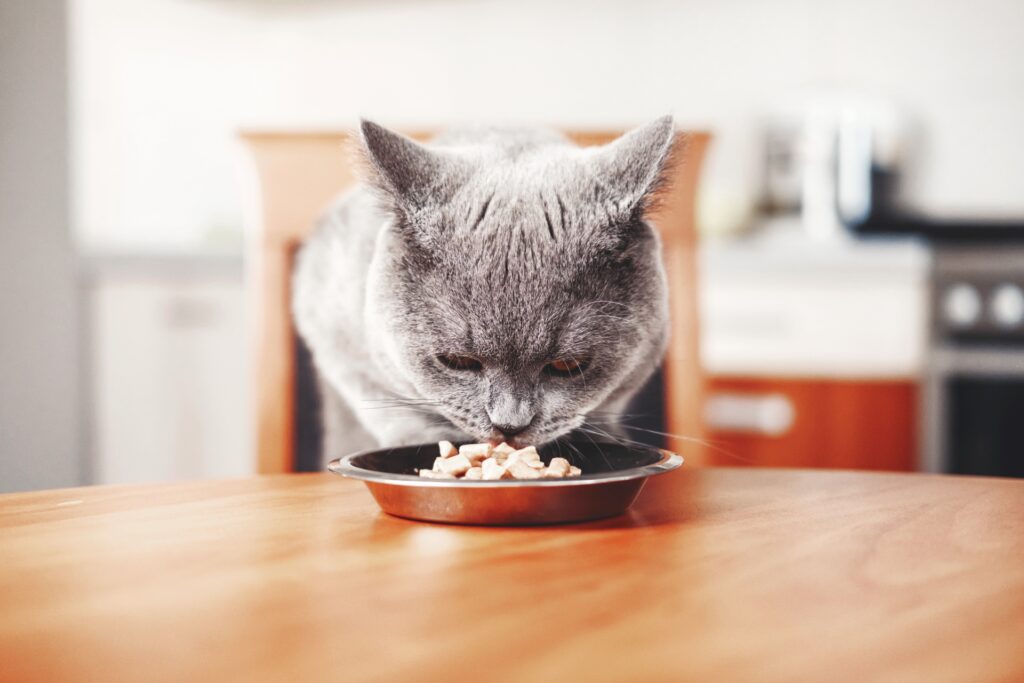
Every cat owner knows that they are temperamental pets. So if your cat is not eating properly, take a look at your surroundings. Is there too much noise, or are there too many people around? Is the cat’s food container dirty? If the answer to any of these questions is yes, then it could be the reason your cat is eating less!
Suggested readings:
Owning a cat is a heavy responsibility, and it is essential to understand your cat’s nutritional needs to stay healthy entirely.

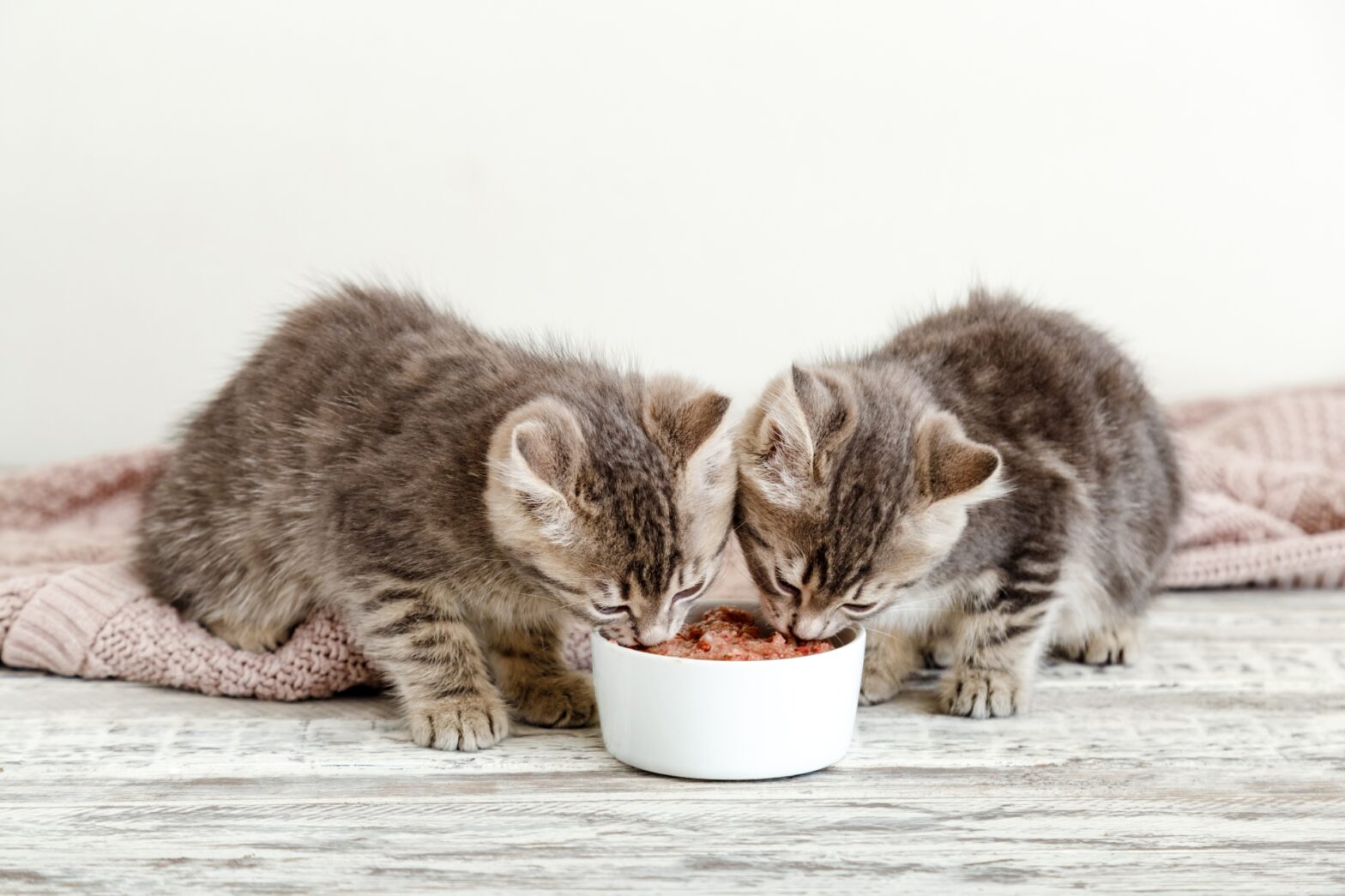
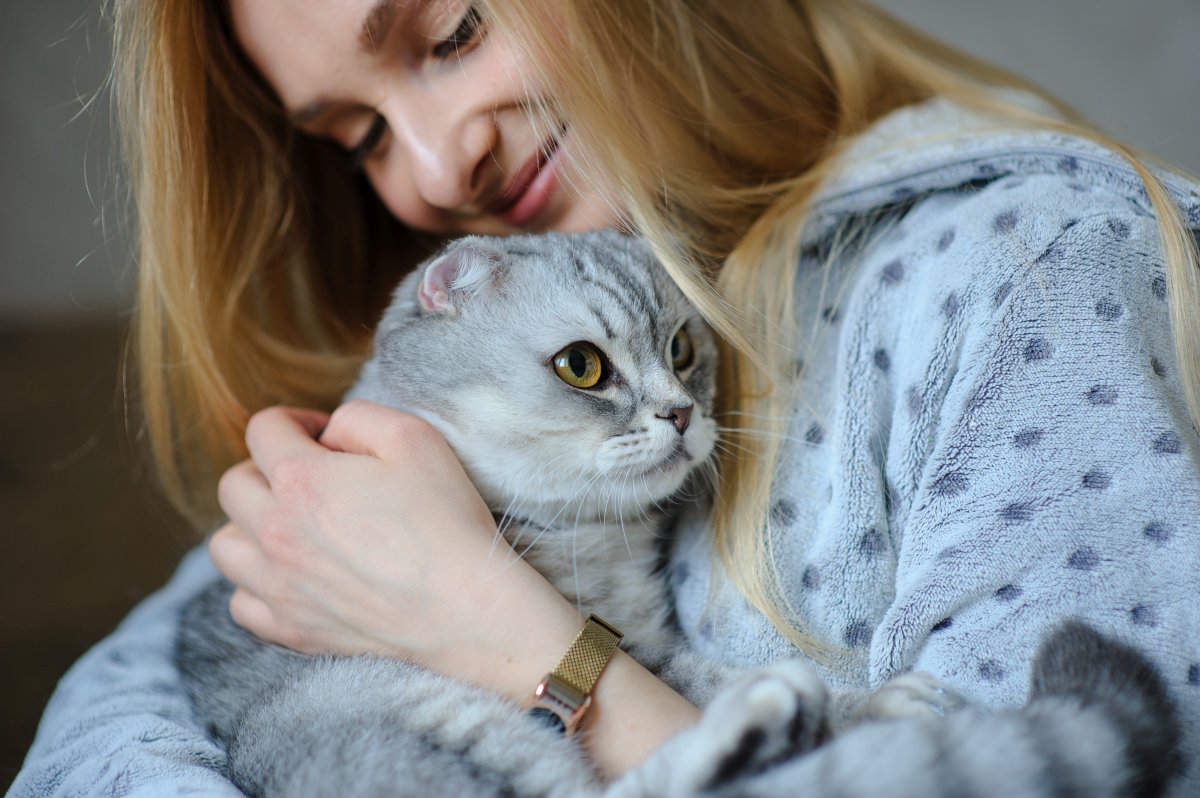
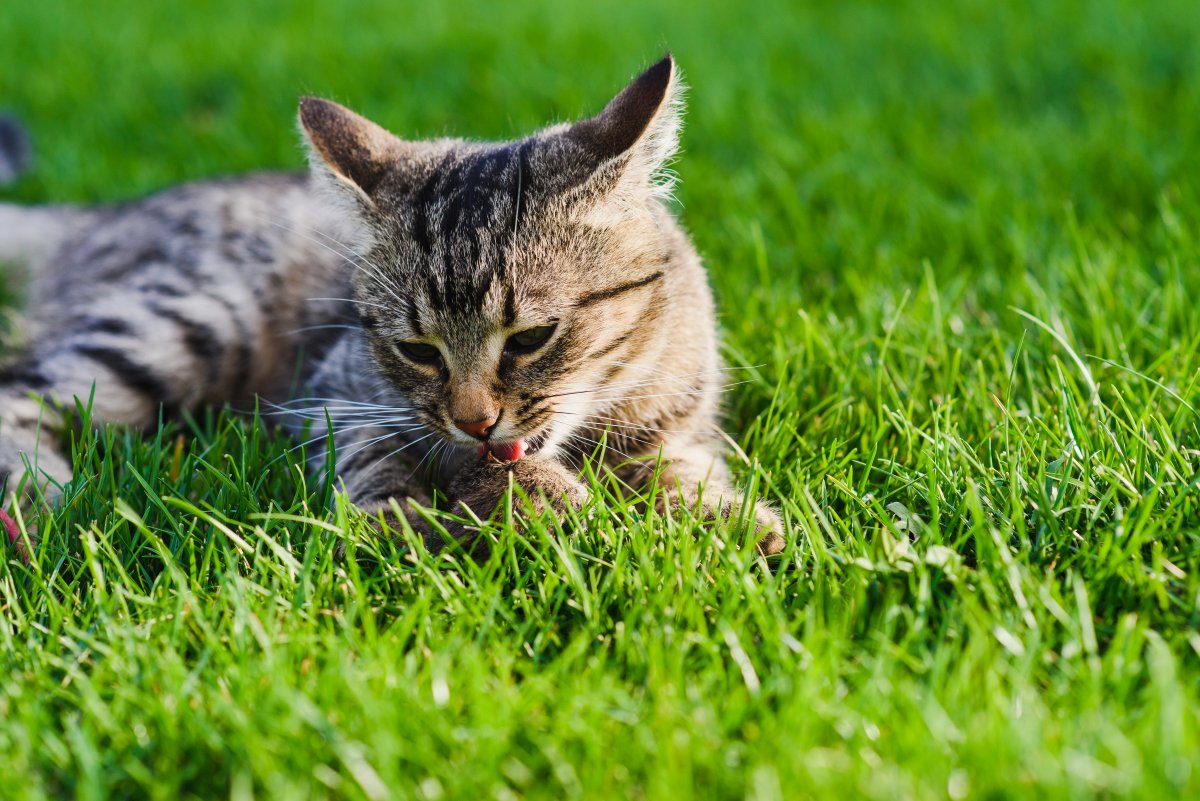
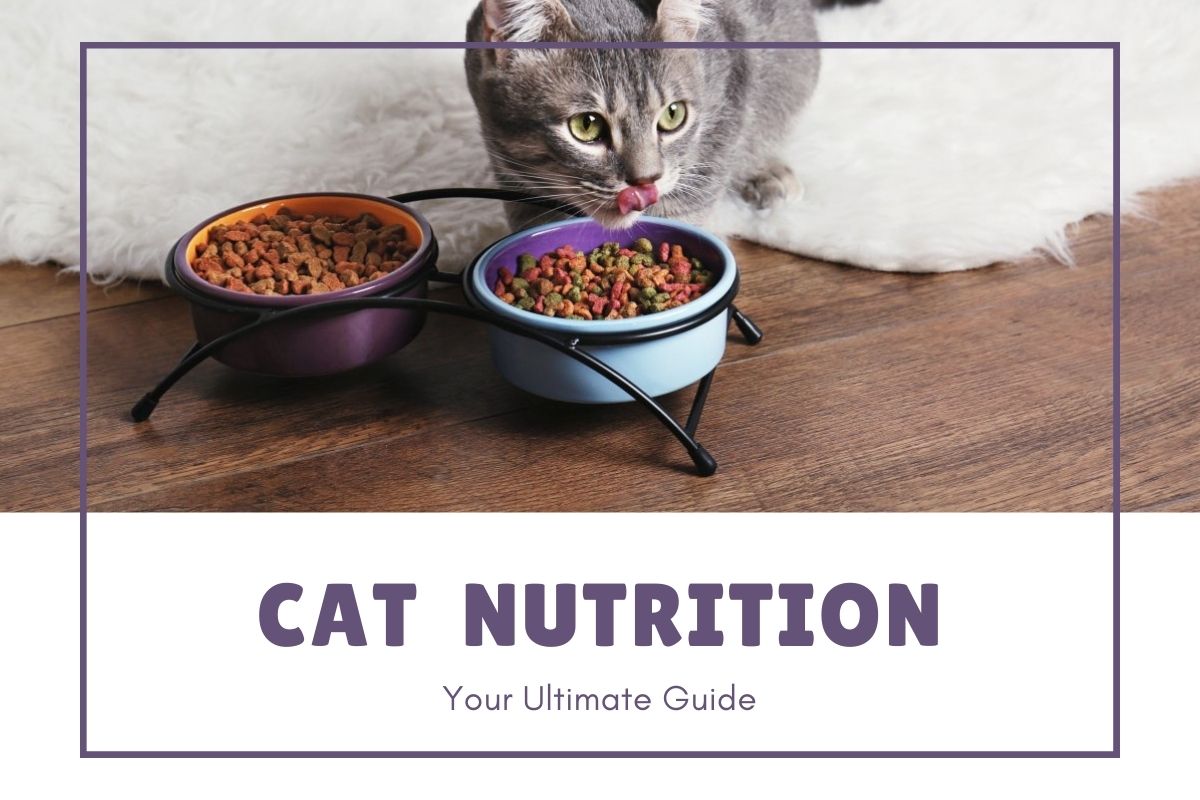
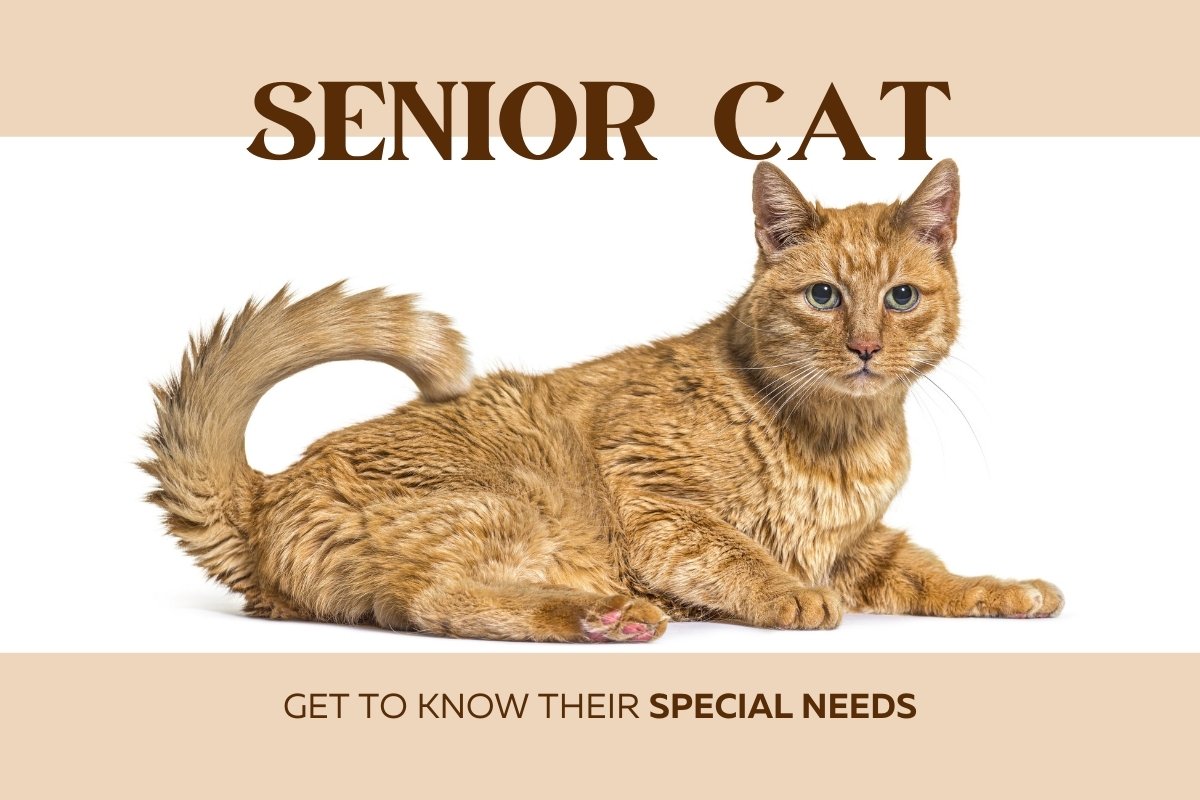
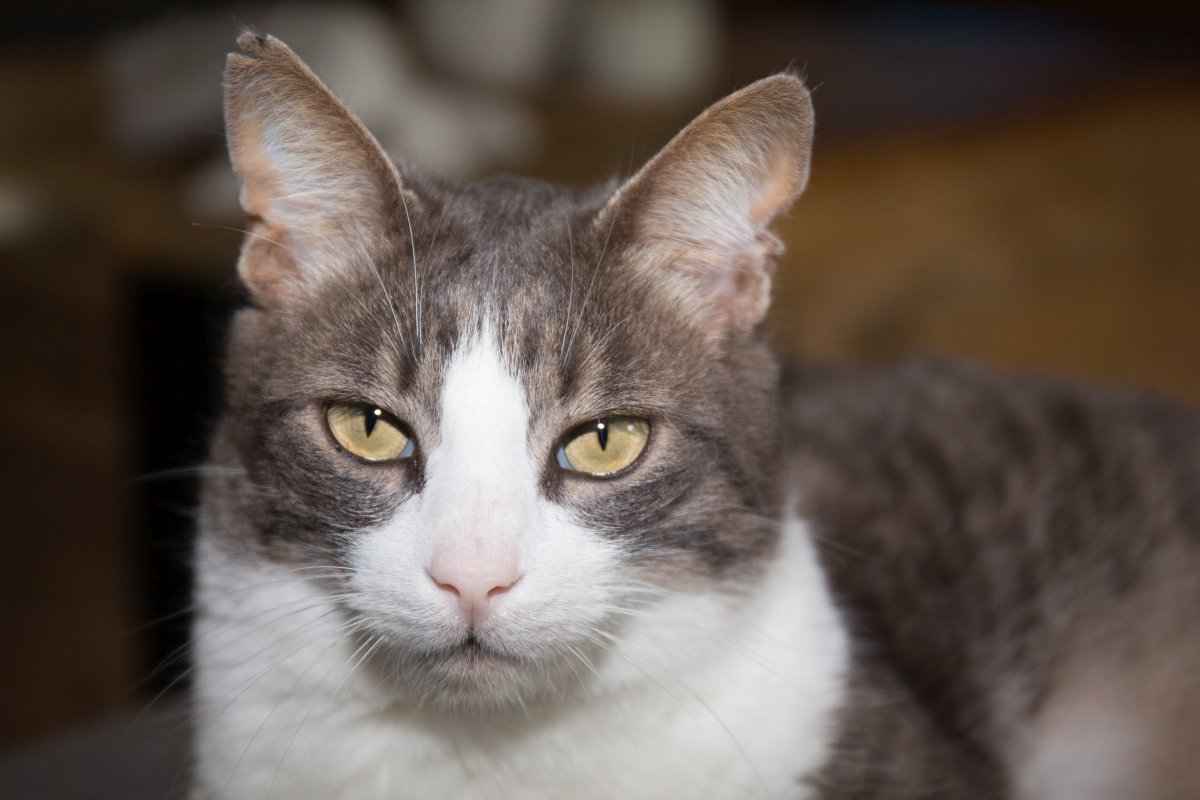
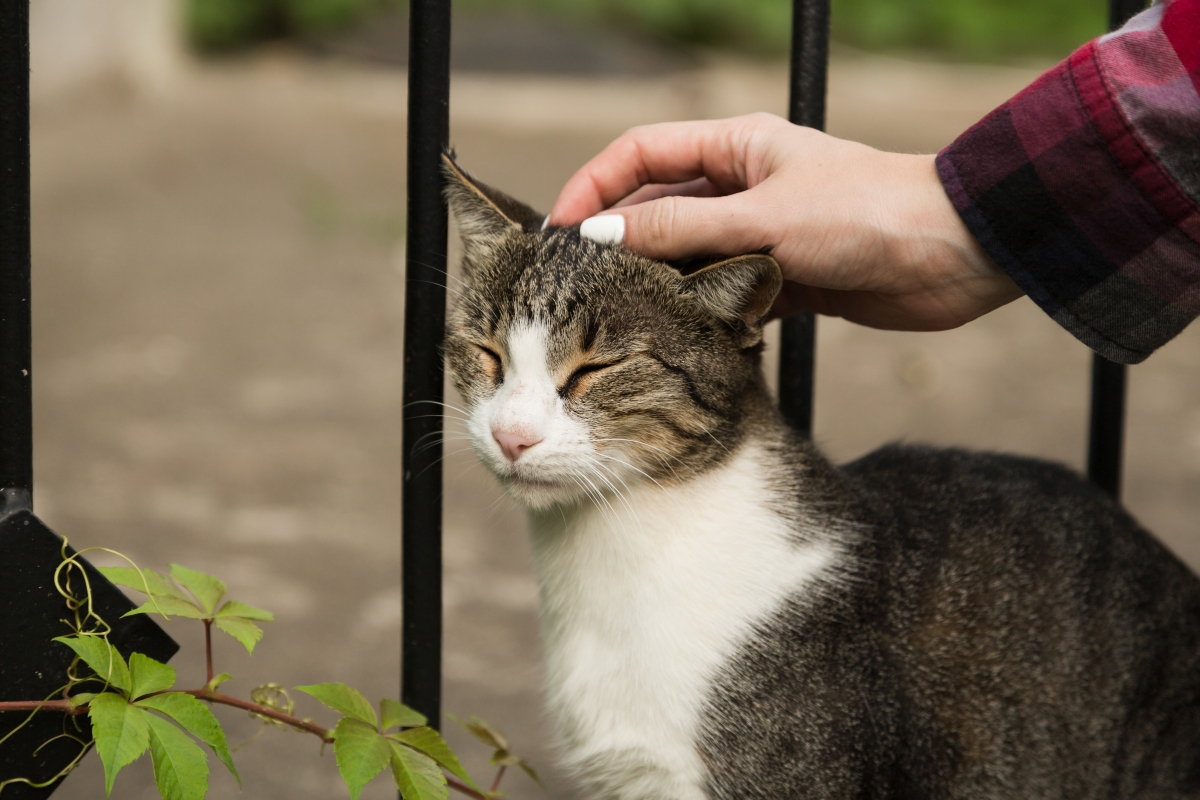
14 comments